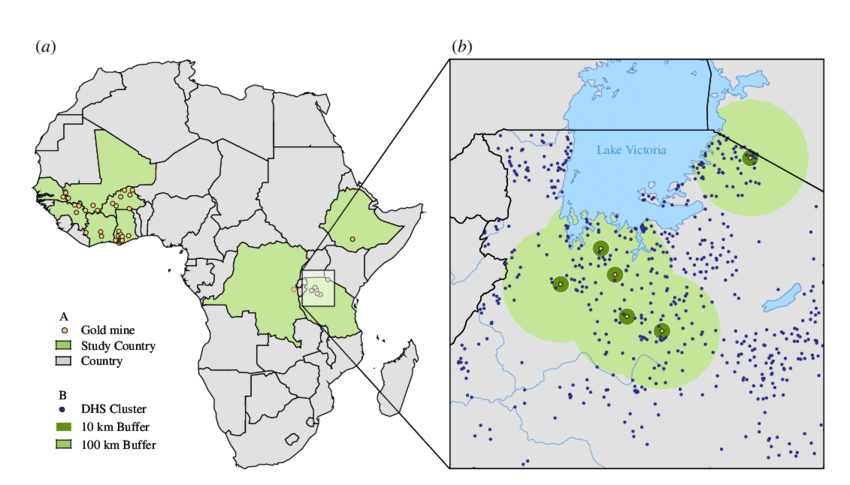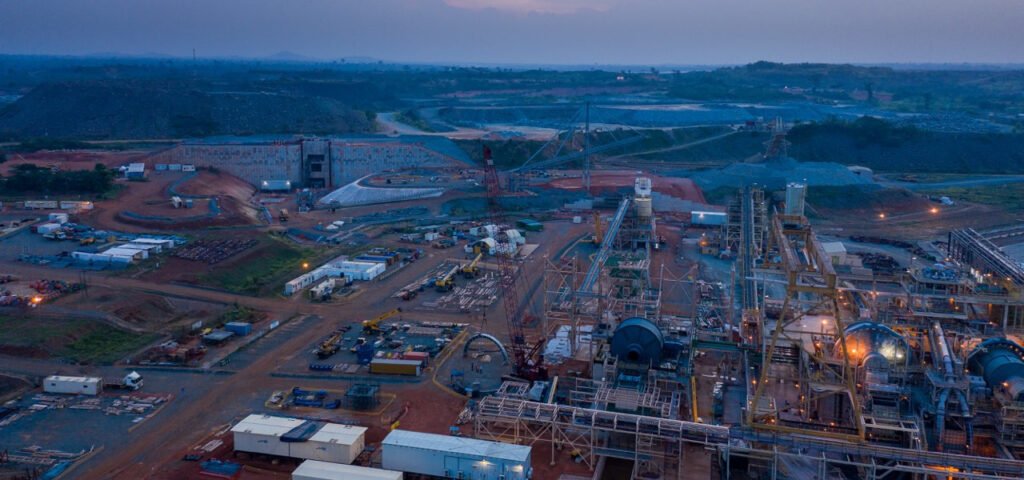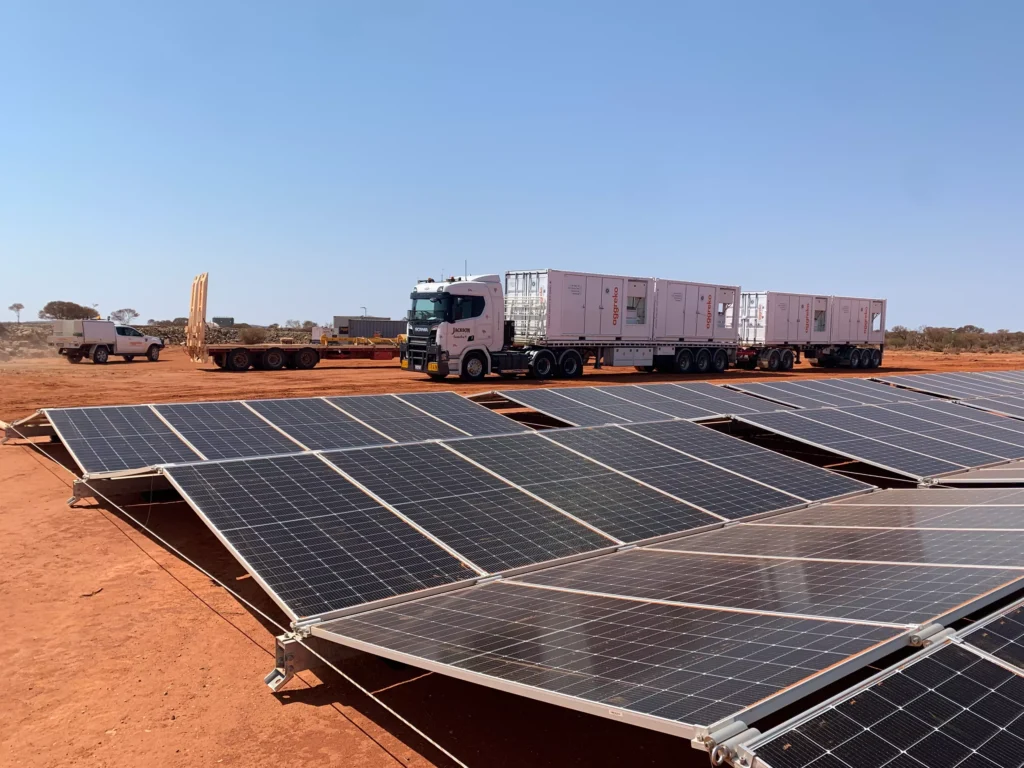Gold Mining in Africa

Africa is one of the world’s most significant regions for gold mining, with several countries leading in production, exploration, and investment. The continent accounts for a large share of global gold output, driven by both industrial operations and artisanal mining.
Here’s a concise overview of the top gold mining countries in Africa and their contributions to the industry.
1. Overview of Gold Mining in Africa
Gold mining in Africa has a long history, dating back to ancient times. Today, it remains a major economic driver, providing employment, export revenue, and infrastructure development across the continent.
Key countries include:
- Ghana
- South Africa
- Mali
- Tanzania
- Burkina Faso
- Côte d’Ivoire
- Zimbabwe
These nations are at the forefront of exploration, production, and investment in the gold sector.
2. Top Gold-Mining Countries in Africa
| Country | Annual Production (Tonnes) | Key Mines |
|---|---|---|
| Ghana | ~130 tonnes | Obuasi, Tarkwa, Sankofa |
| South Africa | ~100 tonnes | Witwatersrand Basin, Free State |
| Mali | ~70 tonnes | Sadiola, Gounkoto, Loulo |
| Tanzania | ~50 tonnes | Geita, Bulyanhulu, North Mara |
| Burkina Faso | ~45 tonnes | Houndé, Essakane |
| Côte d’Ivoire | ~30 tonnes | Kao, Sissili |
| Zimbabwe | ~25 tonnes | Mazowe, Penhalonga |
These countries rely on gold for economic growth, foreign exchange, and employment.

3. Economic Importance of Gold Mining
Gold mining plays a vital role in many African economies by:
- Providing jobs in both formal and informal sectors
- Generating export revenue through global trade
- Supporting infrastructure development around mining zones
- Attracting foreign direct investment (FDI) from global firms
- Encouraging local beneficiation and processing initiatives
In Ghana, gold contributes significantly to national exports and GDP.
4. Major Gold Mining Companies in Africa
Several international and local firms operate in Africa’s gold sector:
- AngloGold Ashanti – South Africa, Ghana, Mali
- Barrick Gold – Tanzania, Ghana, Mali
- Gold Fields Ltd – South Africa, Ghana, Australia
- Perseus Mining – Ghana, Côte d’Ivoire
- Endeavour Mining – Mali, Burkina Faso, Senegal
- Sibanye-Stillwater – South Africa, Ghana
- Koidu Holdings – Sierra Leone
These companies drive investment, exploration, and mine development across the continent.

5. Challenges and Opportunities
Challenges:
- Artisanal mining conflicts and informal trade
- Environmental concerns from mining activities
- Regulatory complexity and policy uncertainty
- Power shortages affecting operational efficiency
Opportunities:
- Growing demand for gold as an investment and industrial material
- Expansion of exploration in underdeveloped regions
- Adoption of digital tools for efficiency and safety
- Partnerships with local communities for sustainable development
With proper governance and investment, gold mining can continue to support economic growth and job creation in African countries.

FAQs
Q1: Which African country produces the most gold?
A1: Ghana is currently the largest producer, followed by South Africa and Mali.
Q2: Are there small-scale gold mines in Africa?
A2: Yes—artisanal and small-scale mining is widespread, especially in West Africa.
Q3: What is the future of gold mining in Africa?
A3: With rising demand for battery metals and clean energy materials, gold mining will remain a key pillar of the continent’s mineral economy.
Conclusion
Gold mining in Africa continues to be a major economic force, with Ghana, South Africa, and Mali leading in production. As the sector evolves, responsible and sustainable practices will be essential for long-term success.

